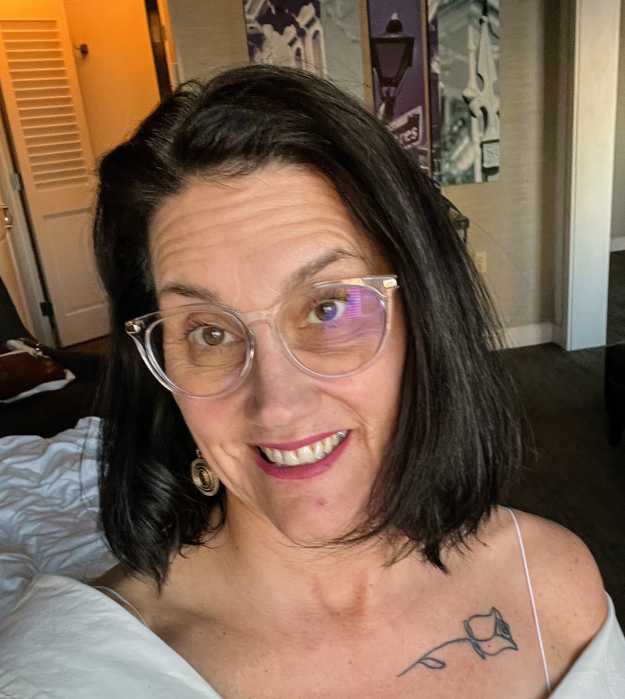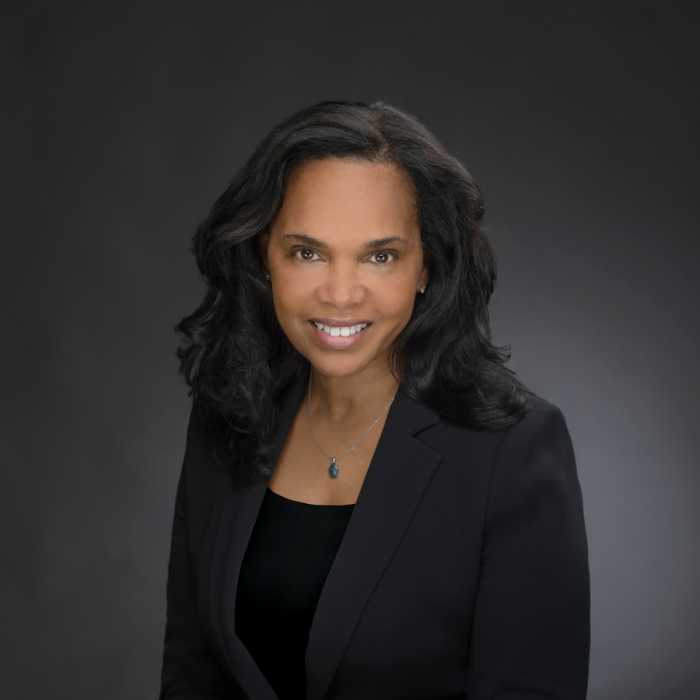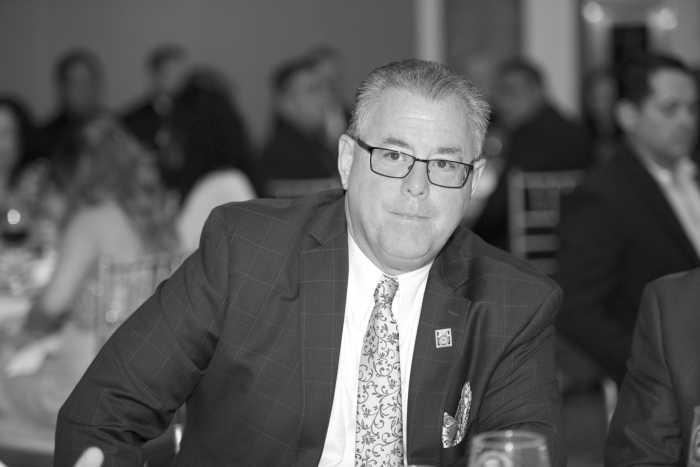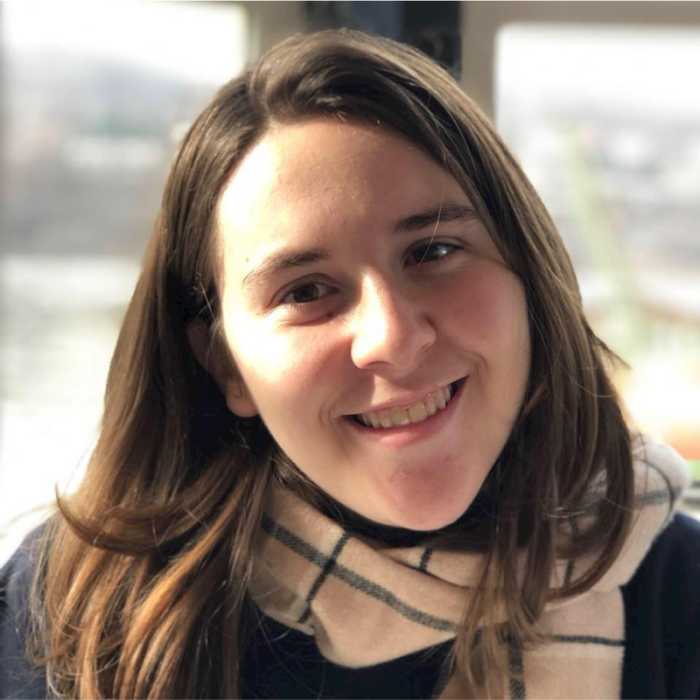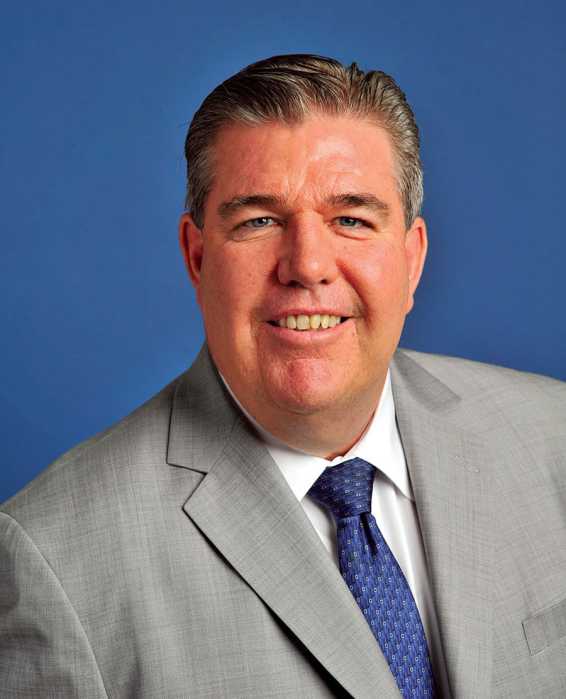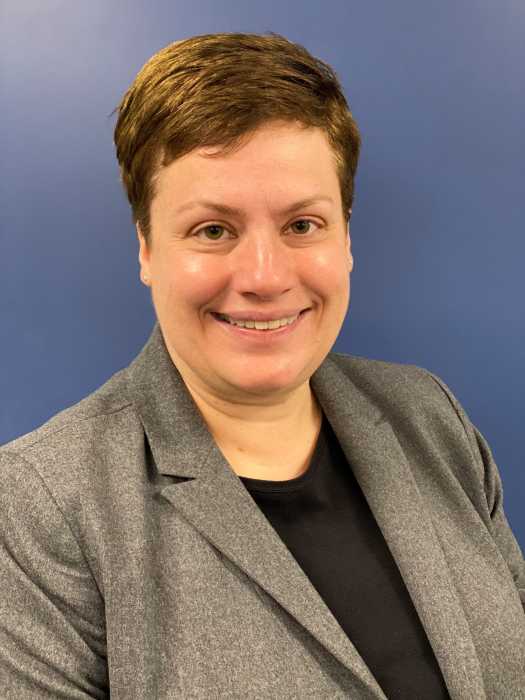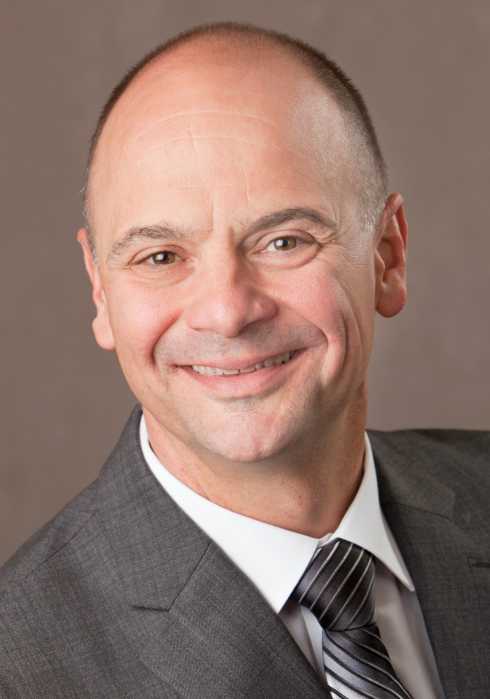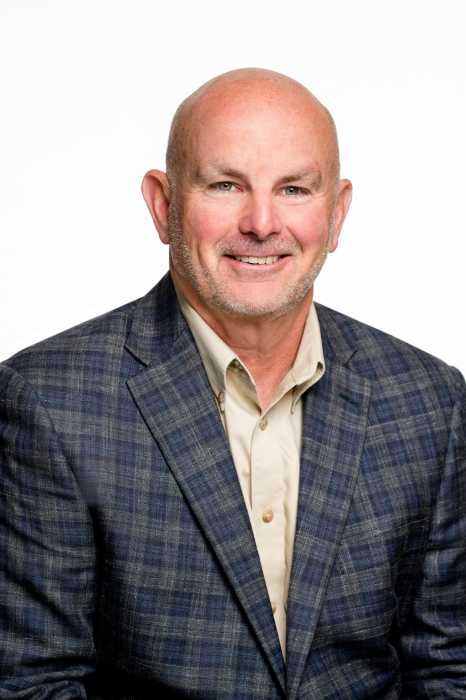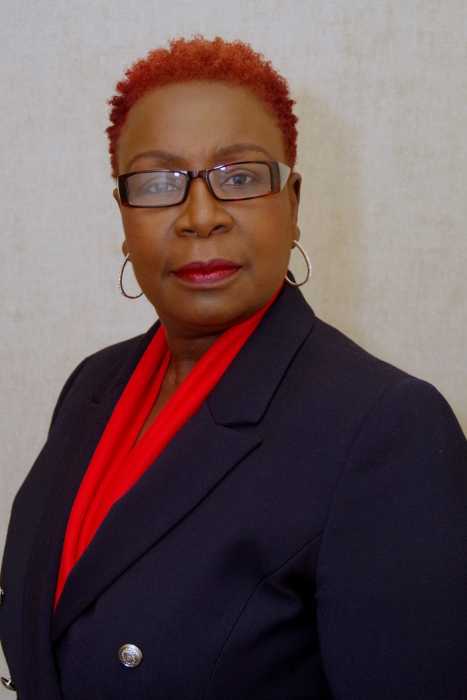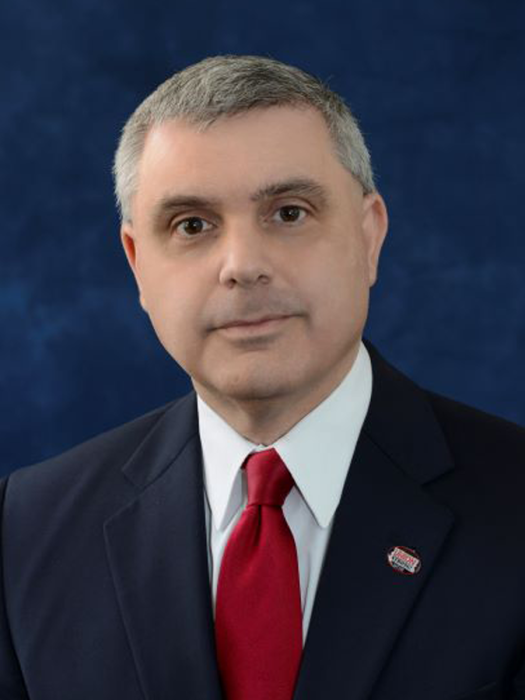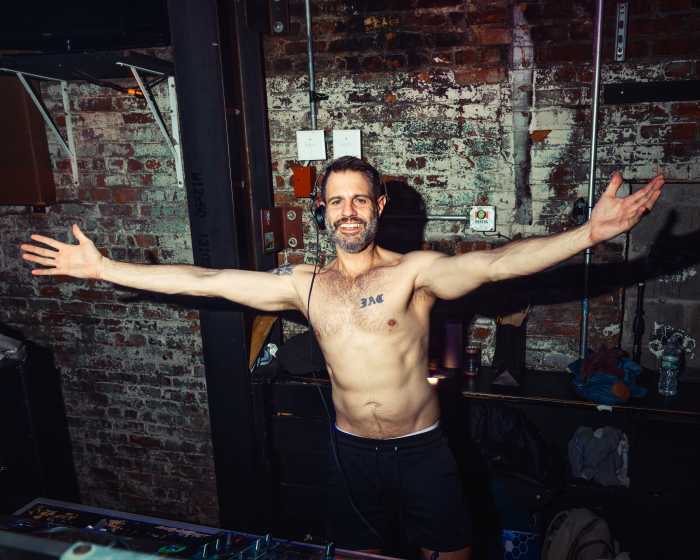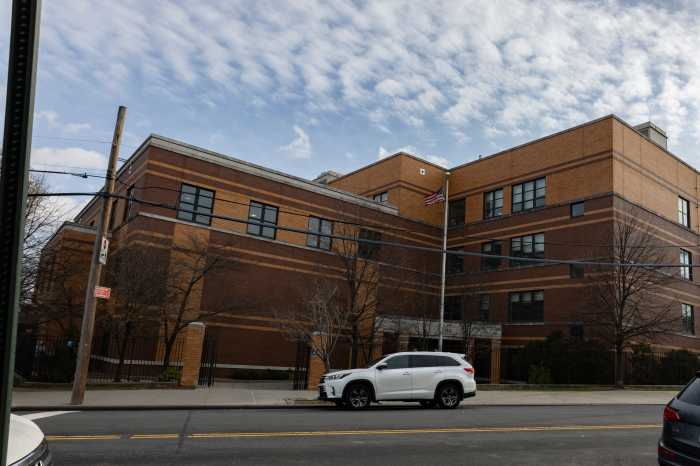Beverley Brakeman was elected director of UAW Region 9A in June 2018, and serves as regional director on their International Executive Board. Region 9A represents 34,000 members in New England, New York City, and Puerto Rico, including legal services/aid attorneys and staff, higher education, auto technicians, casino dealers, manufacturers, museum and nonprofit professionals, municipal workers, marine draftspeople, and more. Beverley is committed to continuing the Region’s tradition of winning elections and good contracts for more workers, focusing on how to use the tools of labor to fight systemic racism, gender bias, and discrimination.
What sector does your union service (healthcare, construction, etc.)?
Legal services, legal aid, higher education, manufacturing, nonprofit, social justice, cultural institutions.
What are the benefits that unions (your particular union, if applicable) offer their members?
Good contracts to improve lives.
What brought you to organizing and/or the issue of worker advocacy?
Commitment to workers’ rights and social justice.
How will New York’s labor force evolve in the next five years?
As with the entire country, the labor force will change dramatically with the new, more remote economy, the electrification of industry, and the need to address climate change.
What kind of impact does organized labor have on local communities?
Labor unions are institutions that raise the bar for all workers – a rising tide that raises all ships, in essence. Unions can provide institutional resources and support for workers to fight for economic, health and retirement security.


